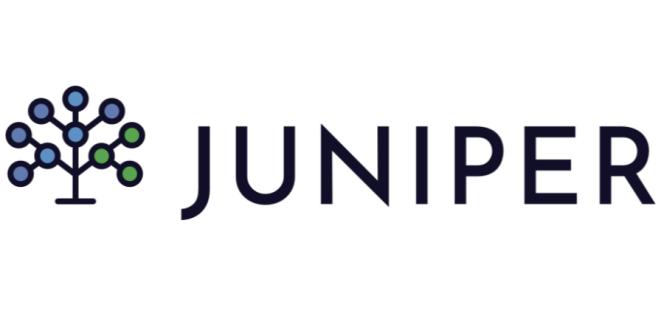
Background
The generation time of COVID-19 is the duration between the moment a person gets infected to the moment they infect another person (i.e. it’s the time between primary and secondary infection). This is very important in the context of new variants which may have different generation times, which in turn would have implications for the estimates of the R number. The generation time is also important for the evolution of new variants.
There are a number of different factors which affect the generation time: the progress of infection within an individual (within-host modelling), the transmission of infection between individuals by droplets from aerosol or surfaces (environmental & aerosol modelling) and contact patterns between individuals (epidemiology modelling).
Typically, the generation time is estimated from household studies and for COVID-19 many of the estimates have come from these studies at the very start of the epidemic. However, with the generation time depending on a number of different aspects, this means generation time is likely to vary between settings, or environmental conditions might allow for super spreading events to occur.
Aims and Objectives
This workshop focused on understanding the different factors which affect the generation time, as well as the interaction between these, it was important to be able to better assess what aspects of new variants may be of concern.
The aim of this event was to hear talks related to each of the factors affecting the generation time, to try to understand current work and thinking in each area and in turn to try to identify how these may be more joined up. A key goal of this event was to build links between epidemic modellers and the wider modelling community with interests in COVID-19, such as within-host modelling teams – including, but not limited to members of RAMP-initiated projects.
This event was delivered by the Newton Gateway in its key role in the RAMP Continuity Network (a UKRI funded project) to deliver a series of meetings, workshops and virtual study groups that react to key priority areas in the UK’s response to the current pandemic. This event was guided by links with groups such as the JUNIPER consortium and the Isaac Newton Institute Infectious Dynamics of Pandemics research programme to ensure relevance to current UK policy, and will ensure engagement with the wider mathematical modelling and epidemiology communities.
Programme and Registration
Registrations for this event have now closed.


